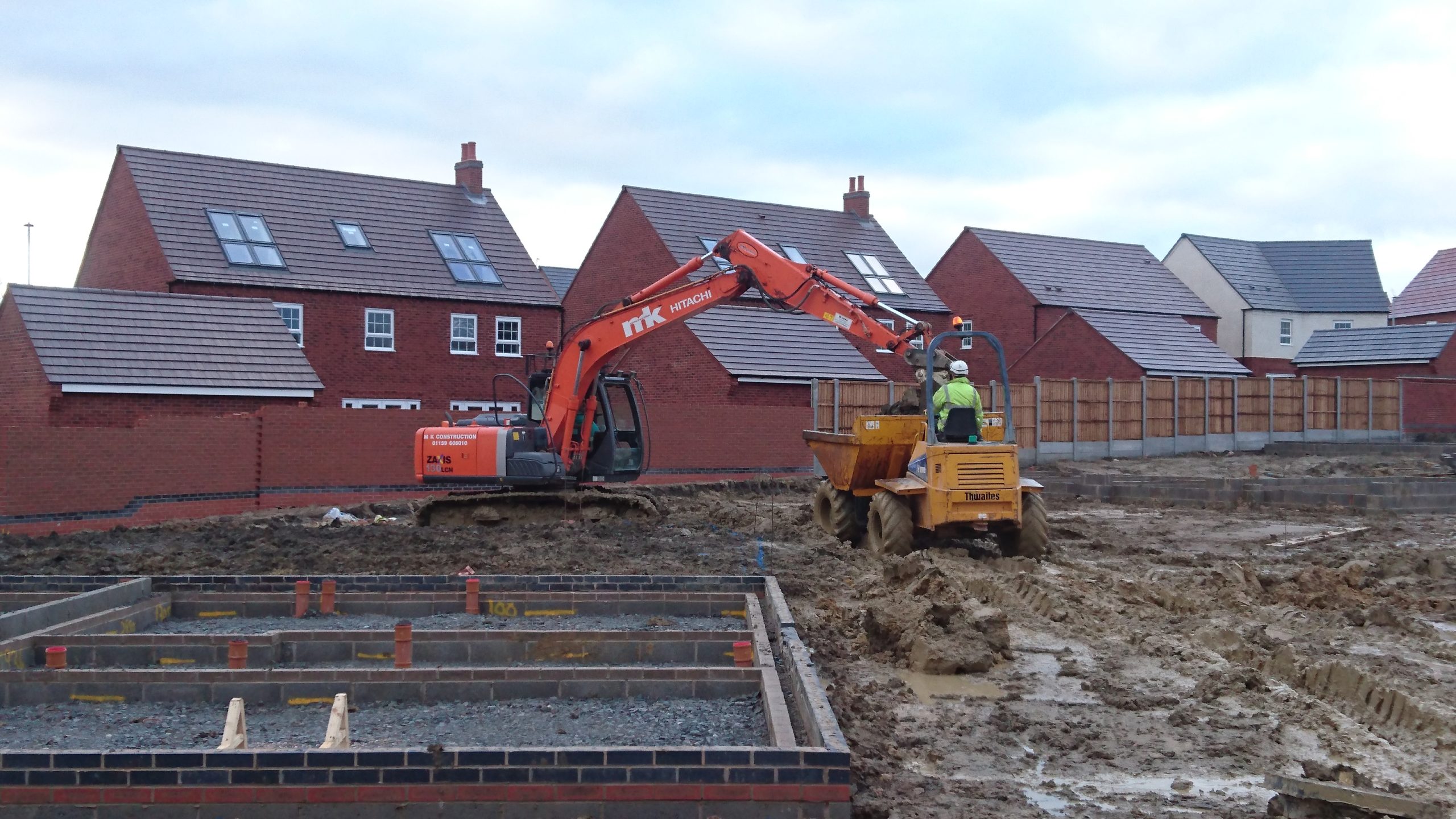Developments still likely to get stuck in protracted approval processes
Changes in local politics will often find a way to stall or prevent developments
Changes to the planning system announced recently by the government certainly stole media headlines. But is there any substance to these proposed changes, or will developers still struggle to deliver developments in a timely manner?
GRM believes that in reality these changes are not going to make a huge amount of difference. Getting planning permission is one thing, but getting a development designed, built, and signed off is still overly complicated and can be a protracted process. Specific issues include:
- You can speed up the application process by being in favour of development, but that doesn’t mean that developments will come to construction any quicker, as the detailed design information required to get it signed off is still the same.
- Councils still need to validate and approve designs, and they also need the people to do the work. Many councils have lost their experienced planners and engineers to private consultancies, so the subsequent lack of resources and expertise can lead to delays in planning procedures.
- Developments require more than just the planners to approve a planning application. There is also Environmental Health, the Environment Agency, Highways, drainage & flood assessments, and many more specialist agencies that need to review and approve developments. All these resources have been diminished over the last few decades.
- Developers find it difficult to employ the skilled workforce in the numbers they need to increase building, which is only likely to get worse as the number of European workers coming to the UK reduces. The building material suppliers also have a finite output capacity beyond which they are unlikely to invest in due to the cyclic nature of the construction market.
Overall, there is a limit on how much can be built by the current UK system, and tinkering with the planning process is not a miraculous fix.


